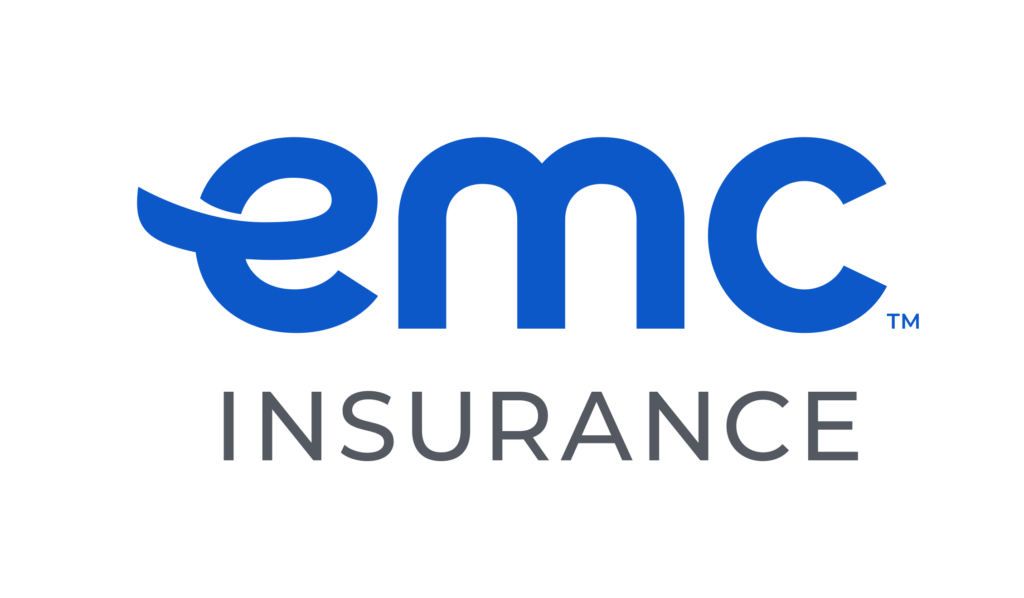Bill would put Iowa in compliance with surplus lines insurance rules

Iowa may lose some insurance premium tax revenue under a provision passed last week by the Iowa House of Representatives.
The legislation, House File 2145, revises state insurance regulations governing surplus lines coverage. Under the Nonadmitted and Reinsurance Reform Act (NRRA), part of the Dodd-Frank Wall Street Reform and Consumer Protection Act passed by Congress in July 2010, only the home state of the insured entity is authorized to tax a surplus lines transaction, and the states are not allowed to allocate the tax revenue unless they adopt an interstate compact or other national tax allocation procedure. The provision went into effect on July 21, 2011.
Industry support is divided between two interstate compact models. One model, known as SLIMPACT-Lite, is endorsed by several national legislative groups, including the National Conference of State Legislatures, the National Conference of Insurance Legislators and the Council of State Governments. A second model, the Nonadmitted Insurance Multi-State Agreement (NIMA), is endorsed by the National Association of Insurance Commissioners.
HF 2145, which the House passed on a 97-0 vote and is now being considered by the Senate, would put Iowa into compliance with the NRRA. However, the language related to adopting either compact was removed from the bill. “It was very much a collaborative decision of the companies, the agents and the regulators,” said Tom Alger, an Iowa Insurance Division spokesman. “We still think (an interstate compact) is a good idea, but there are still questions to be resolved with interstate risk.”
Surplus lines insurance is used when licensed insurers in a state will not accept a risk because it’s too big, unusual or substandard, so companies not licensed in the state, or nonadmitted insurers, pick it up.. Alger estimated the annual surplus lines business in Iowa as relatively small, “probably a couple million dollars,” but said that amount can vary significantly year-to-year. The state taxes premium revenue at a 1 percent rate.
Fred Haskins, an attorney with the Patterson Law Firm in Des Moines, lobbied for the legislation on behalf of the National Association of Professional Surplus Lines Offices.
“The premium tax is paid by the carrier of the home state of the insured, so you don’t have any revenue leaving the state of Iowa,” he said. The allocation models are complex, Haskins noted. “It’s difficult to say with one of those allocations that Iowa wouldn’t lose more revenue than it gains,” he said.










